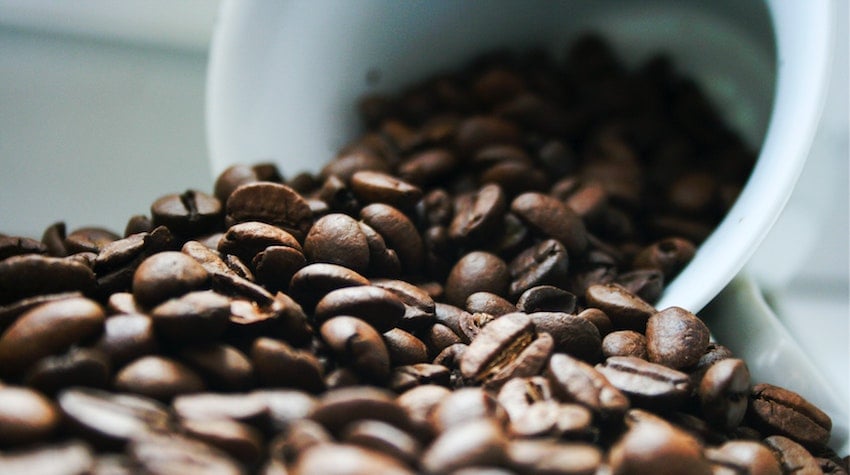You’ve found the perfect espresso machine or coffee maker for you and gotten some tasty coffee beans to brew with. However, now you’ve started to use your beans, you may be wondering how to store them so that they retain their flavor and stay in the best shape possible. This subject can be quite confusing, as there almost as many ideologies on the best way to store coffee beans as there are roasts. In the hope of clearing things up, we completed a variety of tests to determine the best way to keep your coffee fresher longer.
The Freshness Factor
You may have heard that coffee has a short shelf life, which is mostly true. After the beans have been roasted, they outgas carbon dioxide for about 72 hours. As such, many local roasters will package their beans in bags that feature one-way valves that allow the carbon dioxide to escape while protecting them from contact with oxygen, which can make the beans go stale. While this allows you to experience the coffee’s peak flavor, but it will start to lose its freshness once its bag has been opened. Thus, as a general rule, we have found that it’s best to consume your coffee within one or two weeks after opening the bag. If coffee wasn’t already complicated enough, it is important to keep in mind that every coffee has it’s own sweet spot for when it tastes the best after it has been roasted. Thus, if you ask a number of different roasters when you should drink your coffee beans by, you will get a variety of different answers. Since everyone has different tastes, so we highly recommend that you experiment with your coffee and find your own sweet spot for your roasts.Storing Your Coffee
Due to the reasons mentioned above, we have found that is best buy your coffee in small quantities, as you need it. Likewise, if you are using whole bean coffee, you should only grind your beans as you make your coffee or espresso, instead of grinding the whole bag all at once. This will ensure the coffee keeps more of its flavor. However, if you buy your coffee in bulk or need to store it for some other reason, you do have options. For starters, you may want to divide your coffee supply into a small container for daily use, and a larger container for the bulk of the coffee (which will only be opened to refill the small container). This will allow you to reduce the amount of air the larger container of coffee is exposed to, enabling you to keep it longer. Another thing to keep in mind is generally whole beans will have a longer shelf life than ground beans, which go stale at a faster rate since they have more surface area. However, that doesn’t mean you can’t store ground coffee, you may just not be able to keep it quite as long, depending on how sensitive your taste buds are. In fact, this same rule applies to how long you can store your coffee in general. In short, it depends on you and how you like your coffee to taste. Some people will notice a change in the flavor of the coffee after a week and want to replace it, while others won’t notice a difference in the coffee until it has lost most of its flavor. When it comes to storing your coffee, the best environment to keep it in is an airtight container, in a cool, dry place. Why is how you store your coffee so critical? If you don’t store your coffee in this manner, you risk exposing your coffee to the five “coffee killers” listed below, which decrease the lifespan of your coffee and cause it to go stale.- Air: When roasted beans are exposed to air, the flavors in them are oxidized, causing the coffee to go stale.
- Moisture: One of the worst things for coffee, moisture taints the oils in the beans, causing off flavors or even making the beans deteriorate.
- Heat: Exposing the beans to heat before they are brewed will cause them to lose flavor.
- Light: Direct light can cause the beans to go stale and lose flavor.
- Odor: Coffee is porous, which means if coffee is near other fragrant items, like fish, it can absorb these flavors. As a result, your coffee could end up tasting like seafood instead of coffee.


